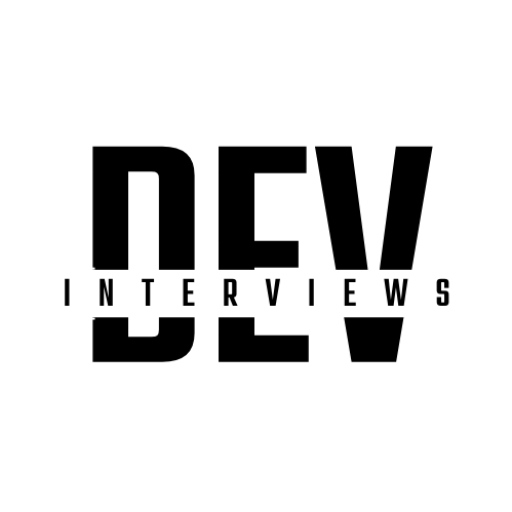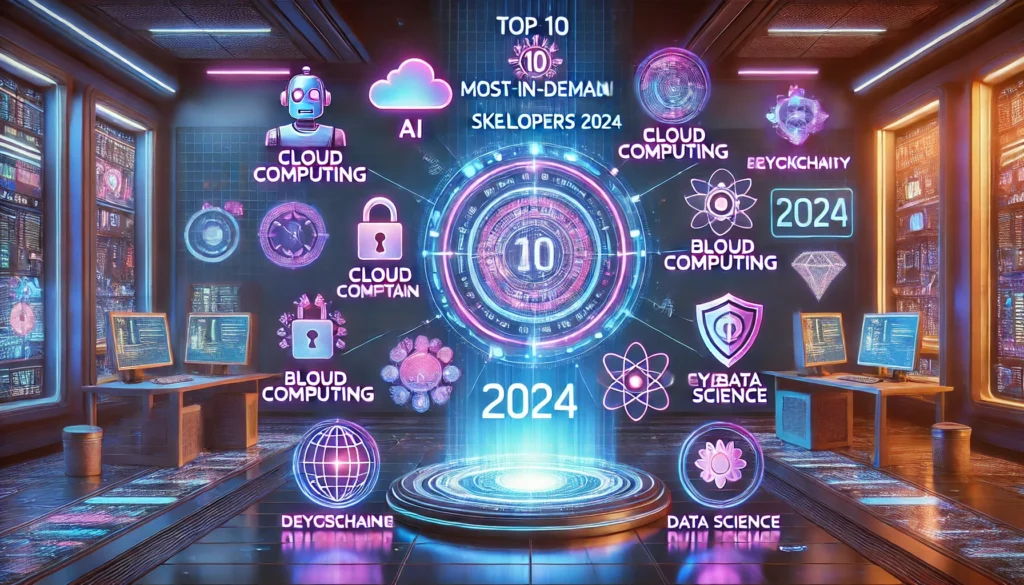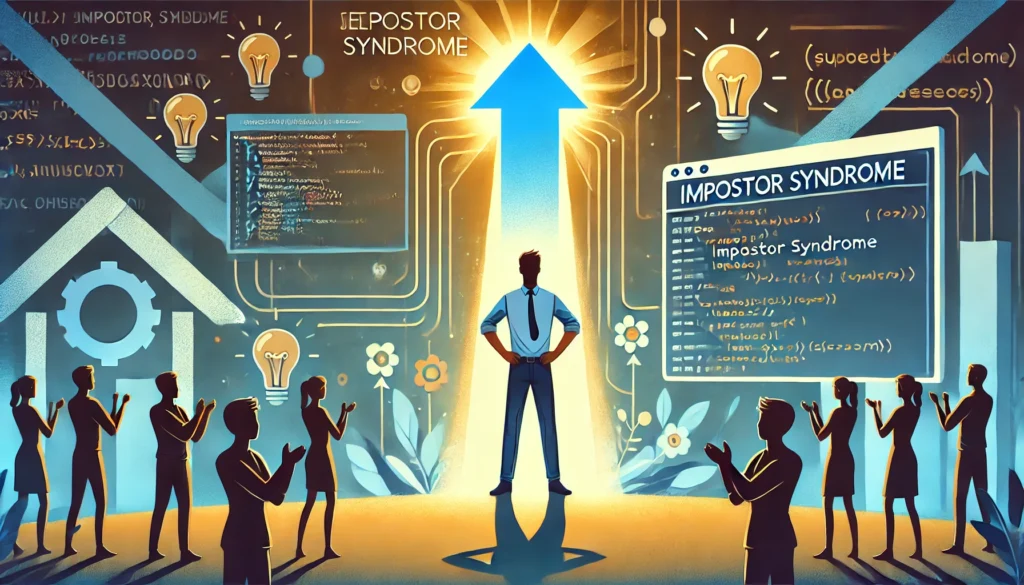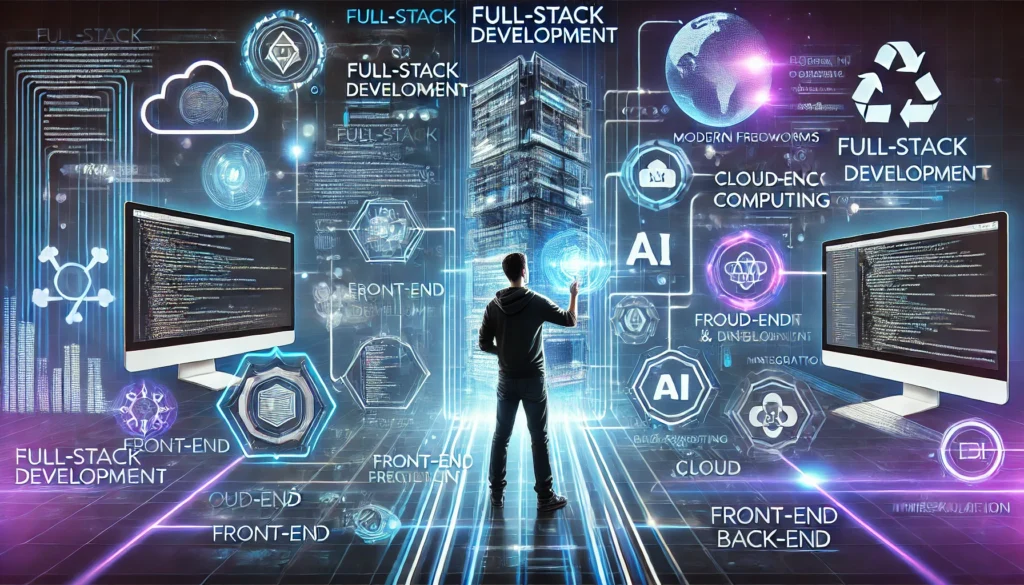The field of IT recruitment is undergoing a transformation, thanks to the rapid advancements in artificial intelligence (AI) technologies. Traditionally, hiring for tech roles has been a time-consuming process, involving multiple stages of screening, interviews, and evaluations. AI is now streamlining these processes, making it easier for companies to find the right talent while enhancing the candidate experience. In this article, we’ll explore how AI is revolutionizing IT recruitment and what this means for both recruiters and job seekers.
1. Automating Resume Screening
One of the most labor-intensive tasks in recruitment is sifting through hundreds or even thousands of resumes to find suitable candidates. AI-powered systems can now automate this process, quickly scanning resumes to identify relevant skills, qualifications, and experiences.
- Natural Language Processing (NLP): AI uses NLP to understand and extract relevant information from resumes, identifying patterns that align with job descriptions.
- Speed and Accuracy: What used to take human recruiters hours can now be done in minutes, with AI filtering out resumes that don’t meet the job’s basic requirements.
- Bias Reduction: AI systems can be trained to focus purely on qualifications, removing unconscious biases that may affect human decision-making.
2. Smarter Job Matching
AI is making the job-matching process smarter and more efficient. Instead of relying on keyword matching alone, AI systems analyze deeper factors to pair candidates with the right roles. These systems take into account:
- Skill Relevance: AI evaluates not only the explicit skills listed on a resume but also inferred skills based on previous job experiences, certifications, and project work.
- Cultural Fit: By analyzing data on company culture and team dynamics, AI systems can predict whether a candidate will fit well within the organization’s work environment.
- Learning Potential: Some AI tools evaluate a candidate’s ability to learn and adapt, predicting success in roles that may require future skill development.
3. AI-Driven Assessments
Technical skills are often the foundation of IT roles, and AI is being used to administer and grade coding tests and problem-solving assessments. These assessments go beyond simple multiple-choice tests, offering real-time coding challenges that measure a candidate’s ability to think critically and solve problems.
- Automated Grading: AI evaluates the quality of code in real-time, assessing factors like efficiency, scalability, and adherence to best practices.
- Adaptive Testing: Some AI systems adjust the difficulty of questions based on the candidate’s performance, providing a more personalized assessment experience.
- Soft Skills Evaluation: AI can also assess non-technical skills, such as communication and collaboration, by analyzing a candidate’s responses in interviews or interactions.
4. Enhanced Candidate Experience
For job seekers, the recruitment process can often feel impersonal and frustrating. AI is changing that by providing a more streamlined and responsive candidate experience.
- Chatbots for Candidate Support: AI-powered chatbots can answer common questions, schedule interviews, and provide updates on application status, ensuring candidates stay informed throughout the process.
- Personalized Feedback: Instead of generic rejection letters, AI systems can offer tailored feedback to candidates, helping them understand where they fell short and how they can improve for future opportunities.
- Faster Response Times: Since AI handles much of the initial screening and scheduling, candidates receive faster responses, reducing the waiting time and keeping them engaged.
5. Predictive Analytics in Hiring
AI systems are leveraging predictive analytics to help companies make data-driven hiring decisions. By analyzing historical hiring data, these systems can predict which candidates are most likely to succeed in a given role. This allows companies to make more informed decisions and reduce the risk of hiring the wrong person.
- Performance Prediction: AI can analyze factors such as past job performance, skills progression, and learning capacity to predict how well a candidate will perform in the future.
- Turnover Reduction: By identifying candidates who are likely to stay with the company long-term, AI can help reduce employee turnover, saving organizations time and money in the hiring process.
- Cost-Effectiveness: AI-driven insights allow companies to optimize their hiring strategies, focusing on candidates who provide the best return on investment in terms of productivity and growth.
6. Video Interview Analysis
AI is even being used to analyze video interviews, providing insights into a candidate’s behavior, communication skills, and emotional intelligence. These systems analyze factors like facial expressions, tone of voice, and word choice to evaluate a candidate’s soft skills.
- Body Language Analysis: AI can assess non-verbal cues, such as eye contact, posture, and facial expressions, which may indicate confidence, engagement, or nervousness.
- Tone and Speech Patterns: AI systems analyze speech for clarity, confidence, and conciseness, helping recruiters assess a candidate’s communication skills.
- Interview Performance Feedback: After the interview, both the candidate and recruiter can receive insights into how the candidate performed, highlighting strengths and areas for improvement.
7. Reducing Bias and Promoting Diversity
One of the major challenges in recruitment is overcoming biases that can affect hiring decisions. AI is being used to promote diversity and inclusion by minimizing human bias in the hiring process.
- Blind Screening: AI systems can be programmed to remove identifiers such as names, gender, and ethnicity from resumes, ensuring that candidates are evaluated solely on their skills and experience.
- Objective Assessments: AI evaluates candidates based on data-driven insights rather than subjective opinions, helping to create a more equitable hiring process.
- Diversity Analytics: AI can track diversity metrics in recruitment processes, helping companies meet their diversity goals by identifying potential gaps and areas for improvement.
8. AI in Employee Onboarding
Beyond recruitment, AI is also enhancing the onboarding process. AI-driven onboarding platforms provide new hires with personalized training, resources, and support to help them get up to speed quickly.
- Customized Training Programs: AI identifies the specific areas where a new hire may need additional training and tailors the onboarding experience accordingly.
- Automated Task Management: AI systems automate administrative tasks such as document submission, payroll setup, and benefits enrollment, making the onboarding process smoother and more efficient.
- Ongoing Learning Support: AI-powered tools provide continuous learning opportunities, recommending courses or training materials based on the employee’s role and career trajectory.
Conclusion
AI is fundamentally changing the landscape of IT recruitment, making the process faster, more efficient, and less prone to bias. From automating resume screening to providing data-driven hiring decisions and personalized candidate experiences, AI is transforming how companies attract and hire top talent. As these technologies continue to evolve, both recruiters and job seekers will need to adapt to this new, AI-driven reality of the recruitment process.




